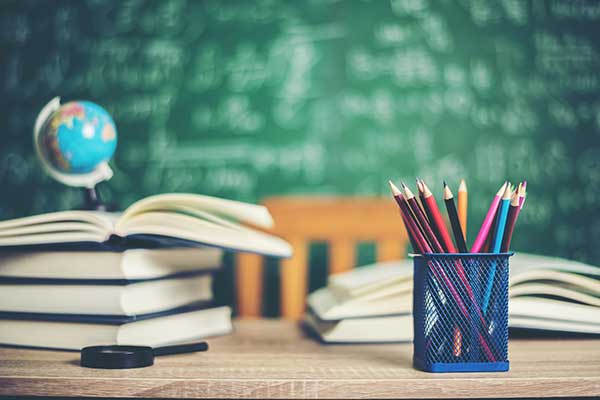PHOENIX, Ariz. — The Common Sense Institute Arizona released a new report titled “Failure to Launch: The Social and Economic Impacts of K-12 Learning Loss Since 2020” that sheds light on the far-reaching consequences of the COVID-19 pandemic on K-12 education and its ripple effects on the economy and society. The report presents alarming findings that highlight the severity of learning loss experienced by Arizona students since the onset of the pandemic.
The No Child Left Behind Act of 2001 marked a turning point in American education, with a focus on performance-based learning leading to a 5% rise in NAEP scores, a standardized, long-term measure of student academic achievement. However, in 2020, the pandemic caused widespread, extended closures of K-12 schools, resulting in learning loss with academic metrics dropping to levels comparable to those at the beginning of the 21st century. In some cases, such as 4th-grade math, this marks the first recorded decline in the United States.
CSI Arizona Executive Director Katie Ratlief said, “The learning loss experienced since 2020 is of unprecedented magnitude. We are witnessing the largest score declines in the history of the long-term assessment, with far-reaching implications for the future of our students and our state.”
Key findings from the report for Arizona include:
- An estimated 18,419 fewer high school graduates by 2032 if these losses are not reversed.
- A potential 1.5% decrease in the high-school graduation rate for Arizona’s current K-12 cohort compared to 2019 assessment scores.
- Up to 26,281 fewer college graduates by 2026 due to reduced academic and career readiness among the cohort.
- Projected increases in crime rates, with over 10,000 more crimes committed annually over the next decade, amounting to a social cost of up to $2.1 billion.
- Anticipated economic losses, with the state’s economy possibly shrinking by $800 million in 2032, and Arizonans facing a cumulative loss of $11 billion in personal income over the next decade if learning losses are not addressed.
Addressing the allocation of resources, Director of Research and Policy Glenn Farley stated, “Policymakers recognized the potential for learning loss during the pandemic and allocated substantial resources to schools. However, our analysis indicates that only a fraction of these funds—approximately $134 million—was directed toward addressing the learning loss issue.”
Former Arizona Superintendent of Public Instruction Lisa Graham Keegan added, “The impact of this learning loss is far-reaching, affecting not only individual students but also our state’s economic and social well-being. It is crucial that we take immediate action to reverse these losses and ensure a brighter future for Arizona’s children.”
The report’s findings rely on two central assumptions: that the learning loss captured in the 2022 NAEP assessments is permanent for the pandemic-era K-12 cohort (those aged 5-17 in 2020-2021) and that the loss is isolated to only that cohort as future cohorts return to pre-2020 learning trends. For more information and to access the full report, please click here.









